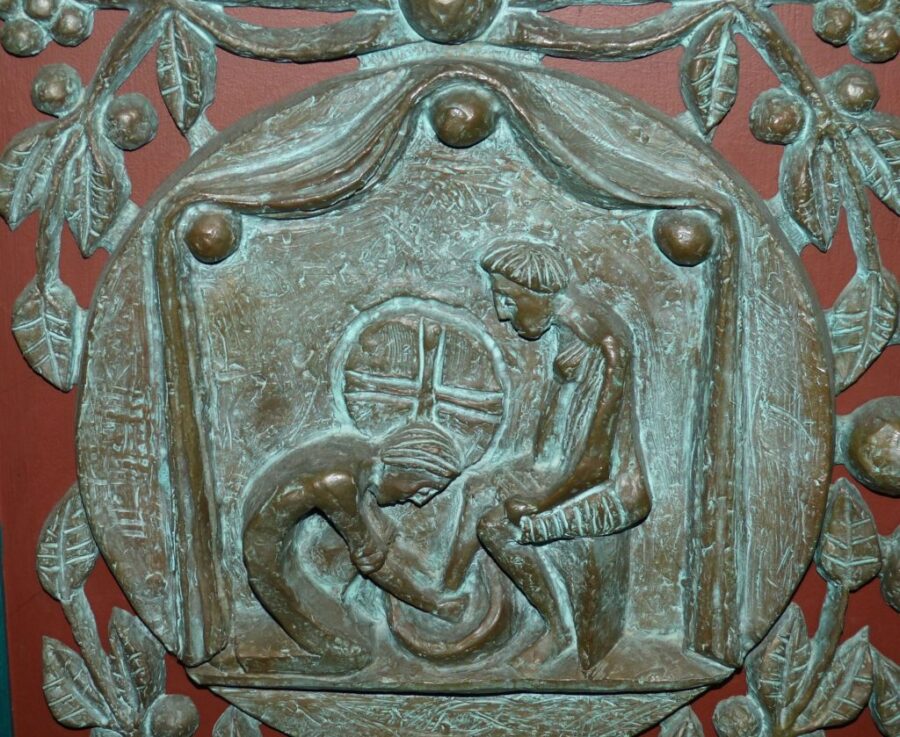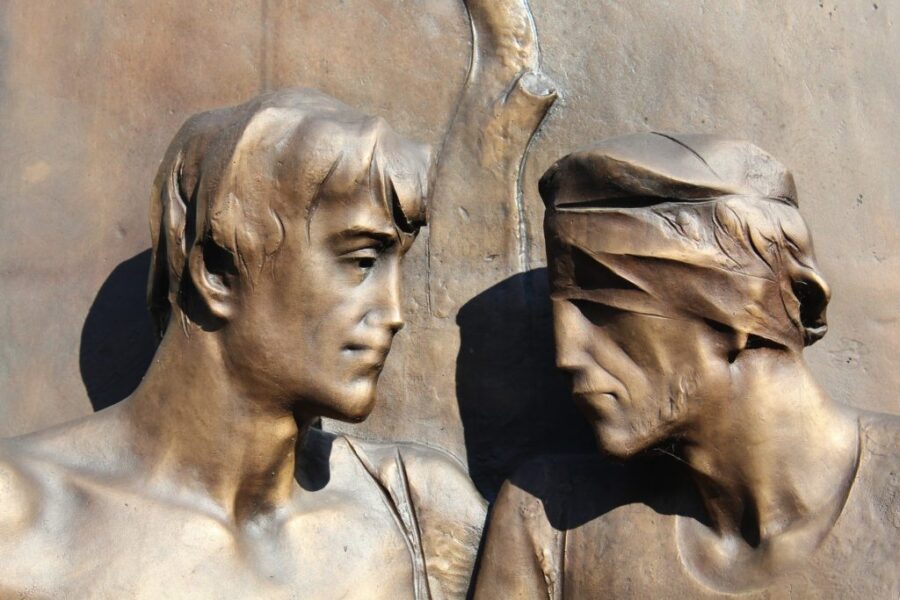“I beseech you, brethren, (ye know the house of Stephanas, that it is the firstfruits of Achaia, and that they have addicted themselves to the ministry of the saints,)” (1 Corinthians 16:15)
As Paul begins his closing salutations to the Corinth church, he commends a very godly man, Stephanas, and his family for their service and ministry to saints. However, this was not a casual or part-time service to the saints of God, but they made such a habitual commitment of serving others that Paul denotes “they have addicted themselves to the ministry of the saints.” With such a profound description of their service to the church, we should consider how addicted are we to things of God and to serving others?






